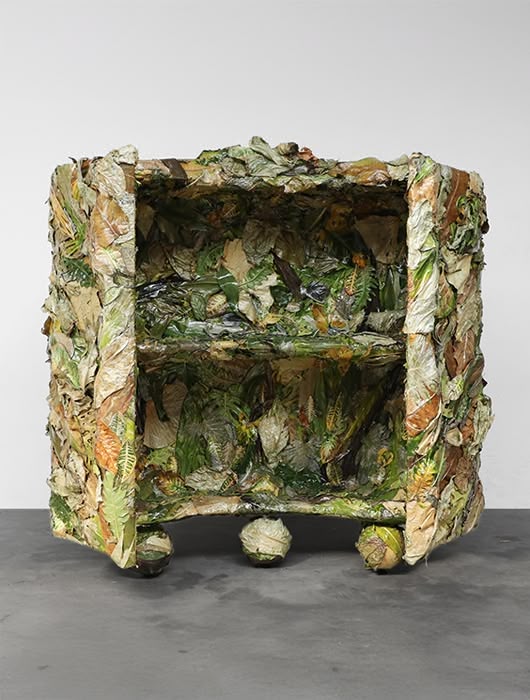
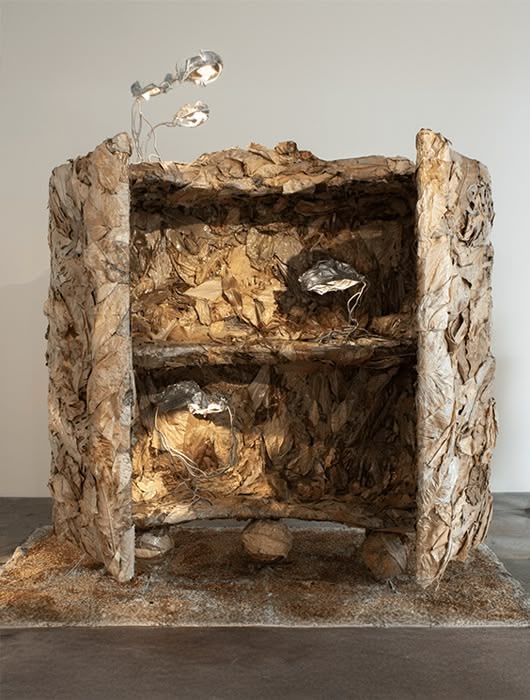
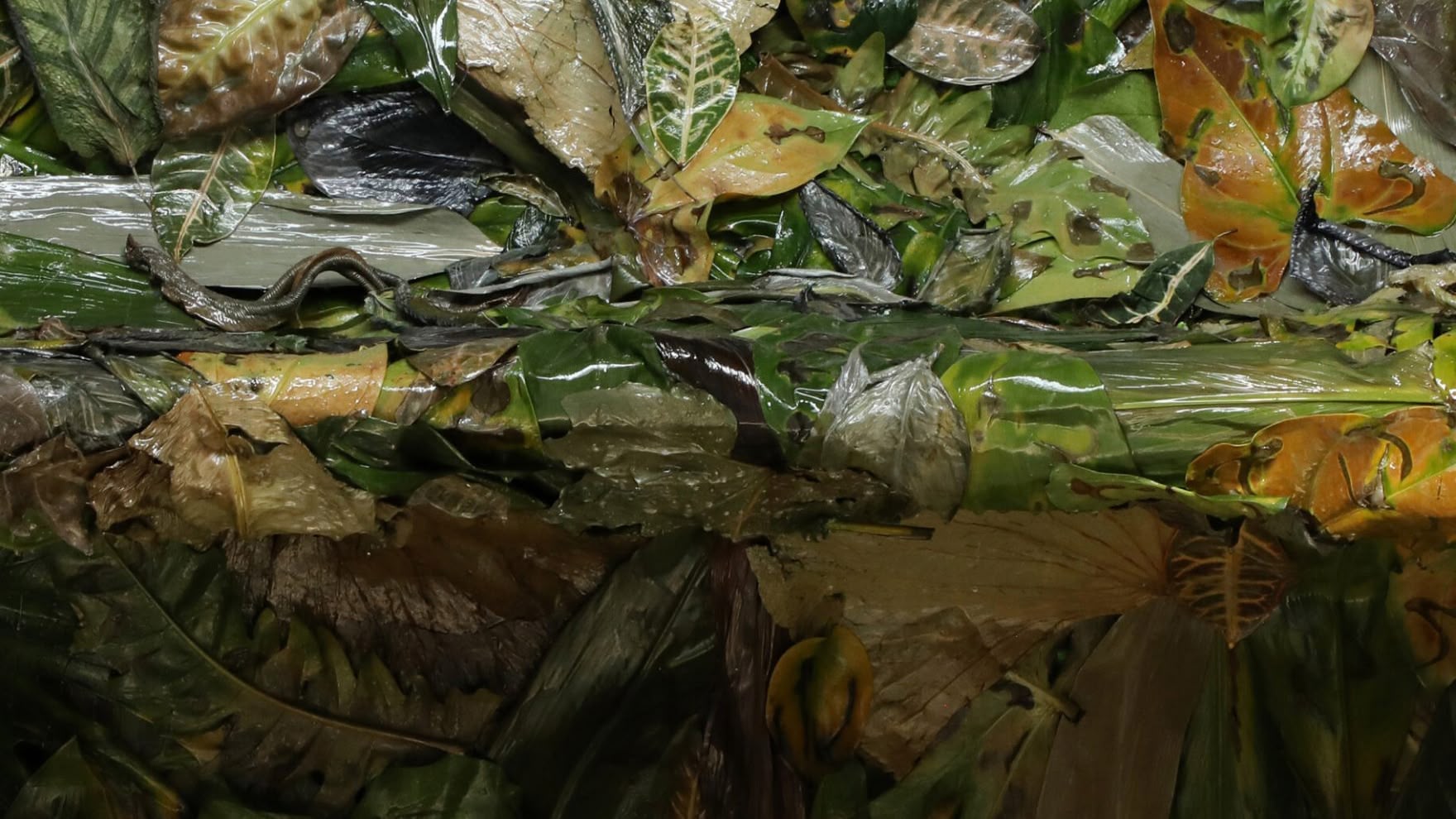
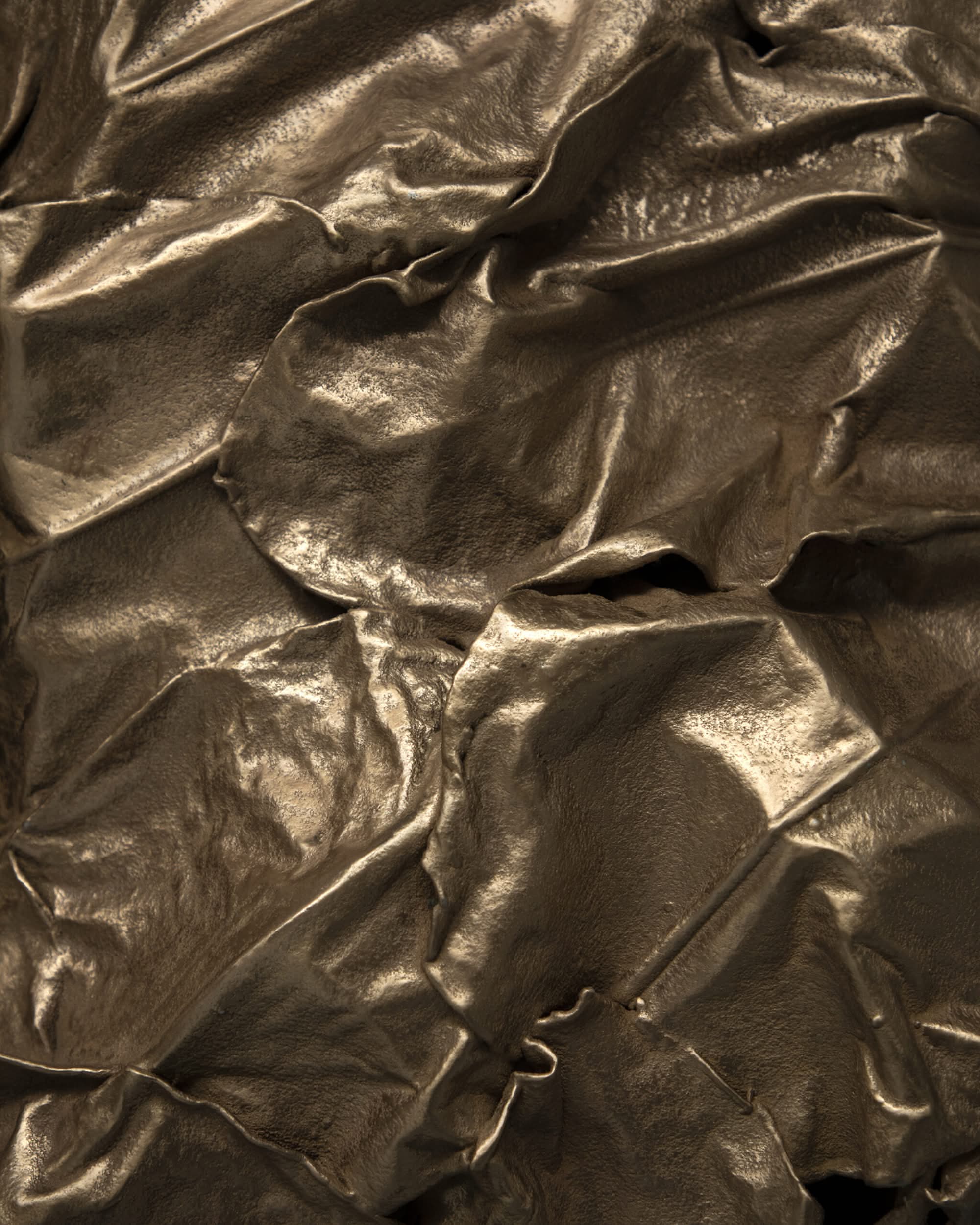
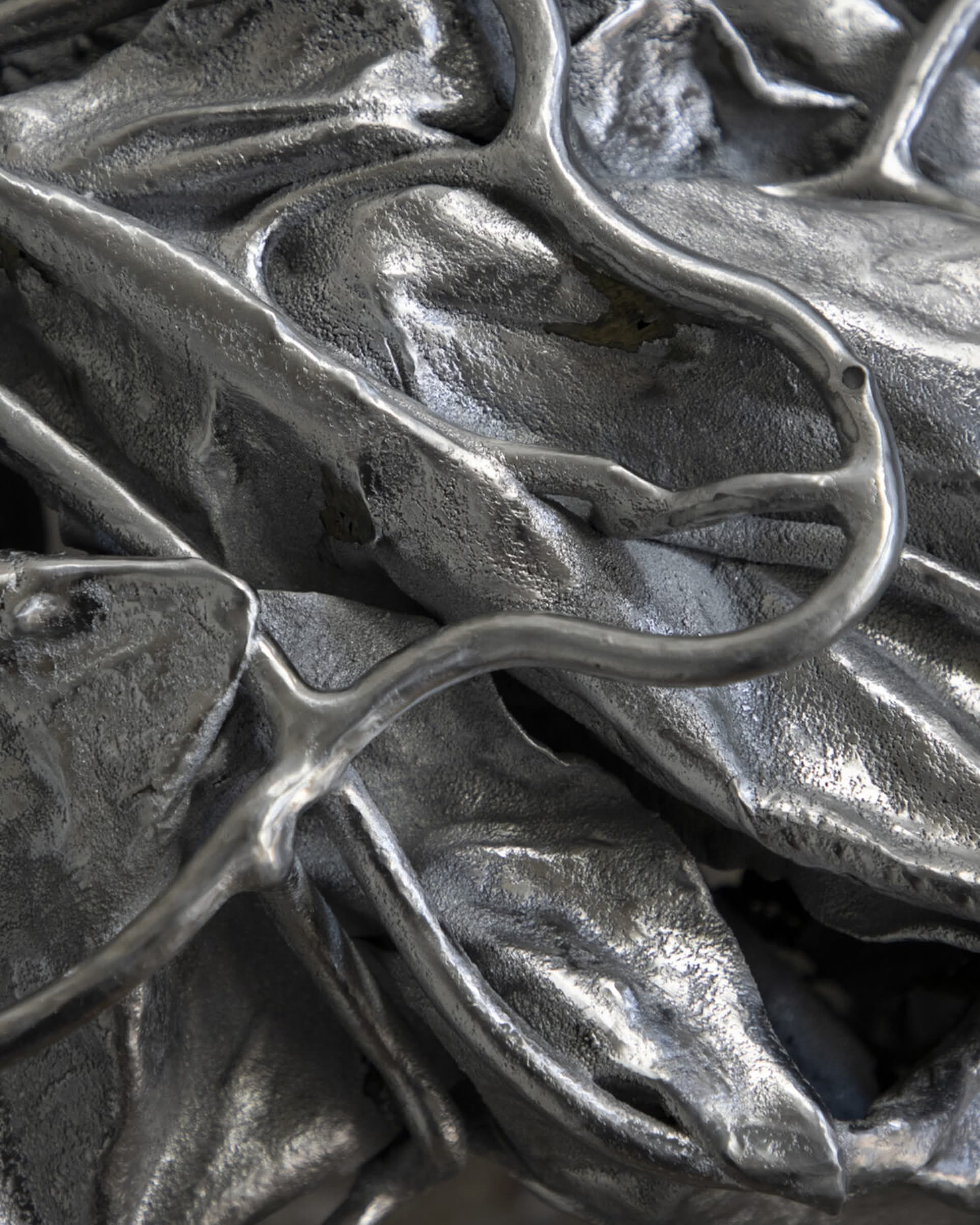
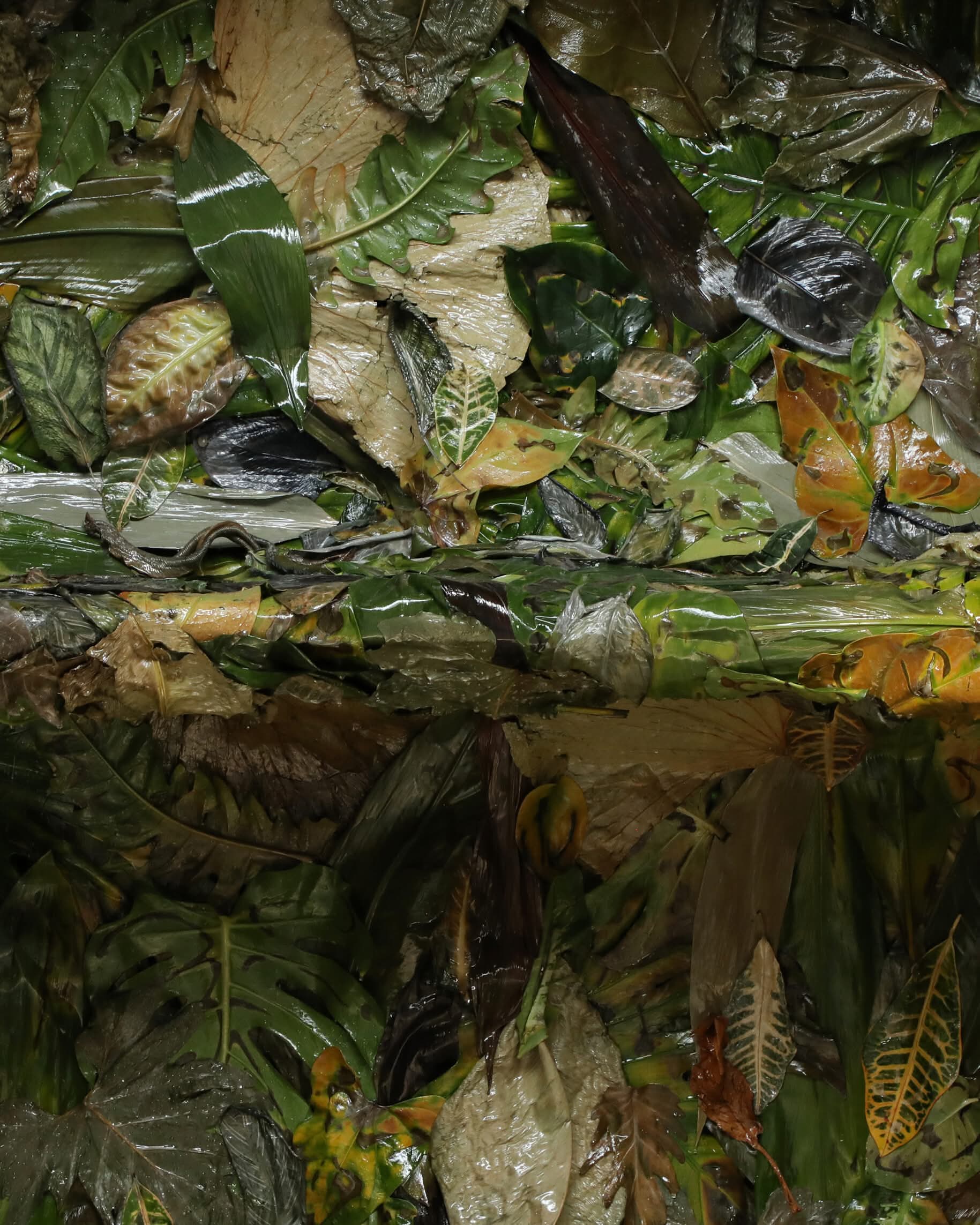
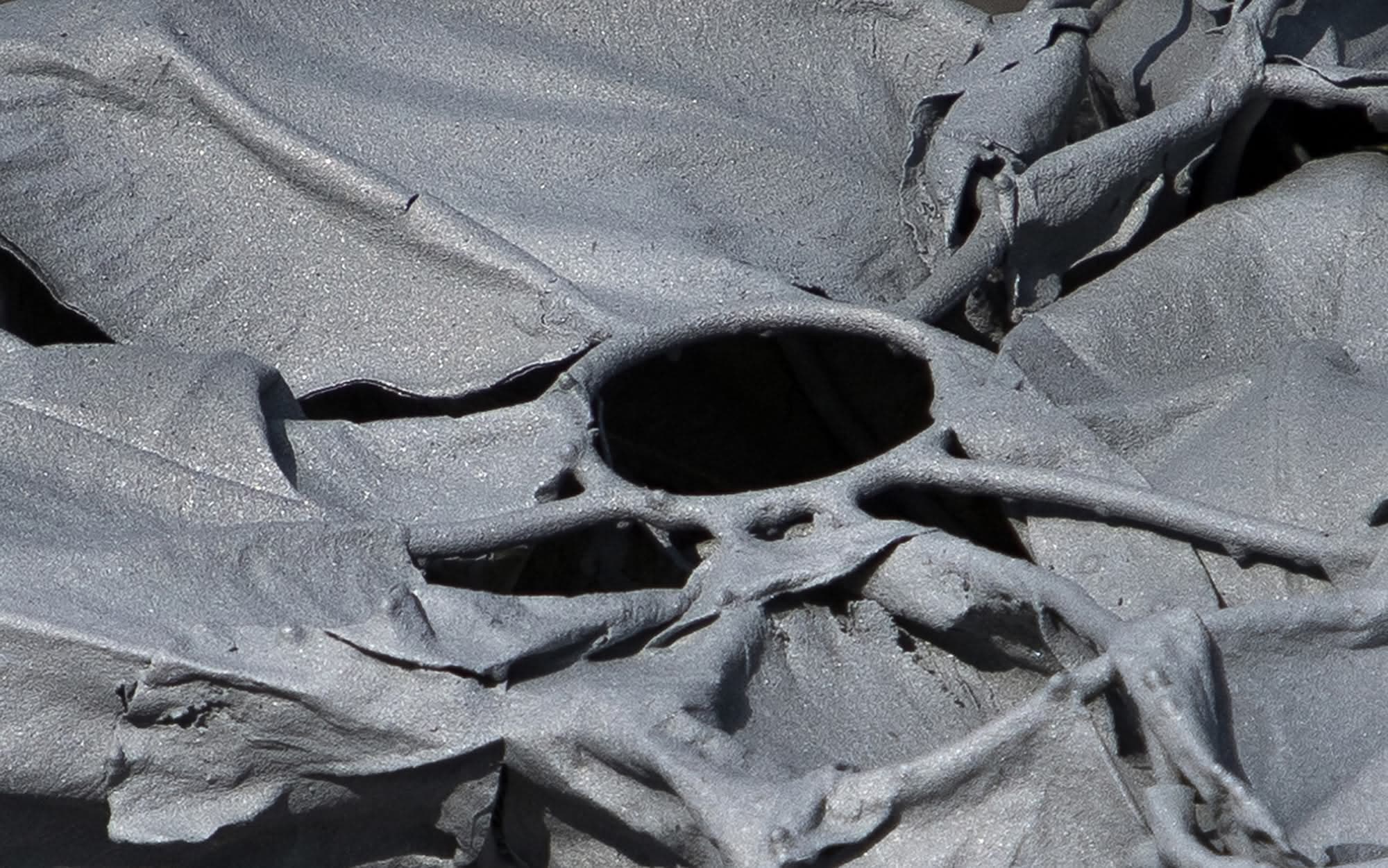
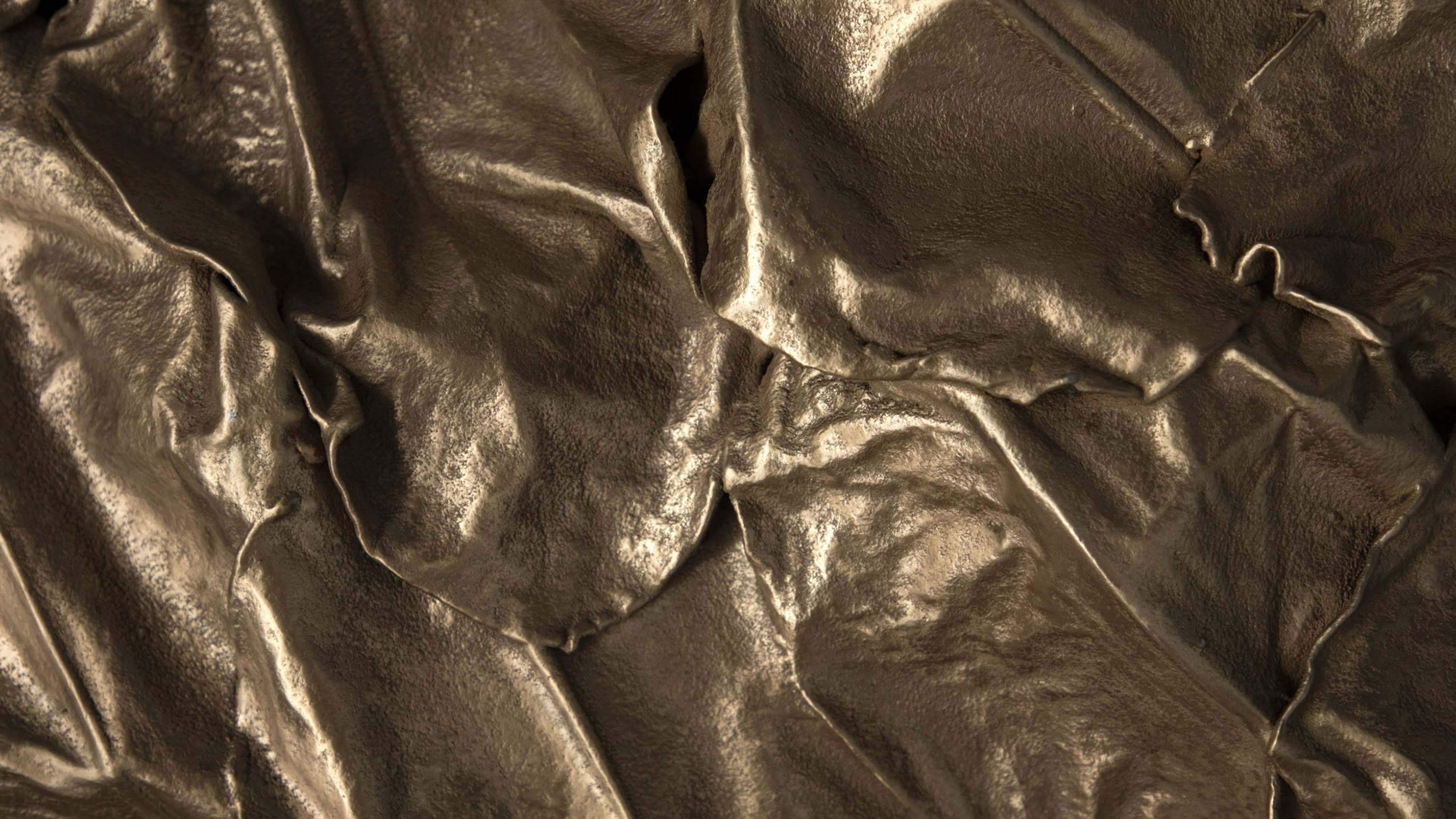
If you are interested in several works, you may add them to your Inquiry List. This allows you to submit one consolidated request rather than multiple forms. Your list will be sent directly to our studio team, who will respond with availability, edition details, and next steps
Our studio operates primarily on a commission basis. Each work is created to order, with select pieces occasionally available upon inquiry. Every commission is treated as a collaboration, shaped by your choice of materials, compositions, and scale
Messages received through this form are answered within 2–3 working days. We value each inquiry and provide clear information on availability, editions, and lead times.
If a more detailed conversation is needed, we will invite you to schedule a private call with our Acquisitions Advisor. This is an opportunity to discuss bespoke projects, commissions, or custom adaptations directly with the studio
Messages received through this form are answered within 2–3 working days. We value each inquiry and provide clear information on availability, editions, and lead times.
Messages received through this form are answered within 2–3 working days. We value each inquiry and provide clear information on availability, editions, and lead times.
You can reach us by sending an email at info@marcinrusak.com or by phone (+48) 608 785 961
If a more detailed conversation is needed, we will invite you to schedule a private call with our Acquisitions Advisor. This is an opportunity to discuss bespoke projects, commissions, or custom adaptations directly with the studio
sav info